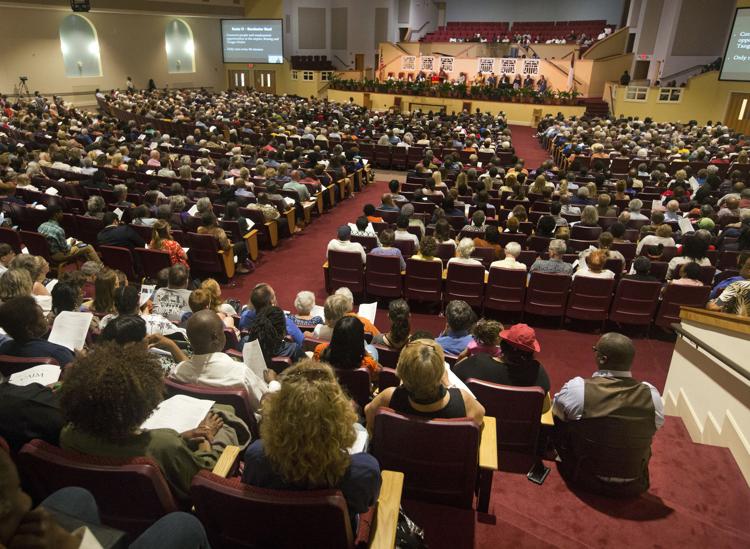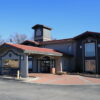By Melissa Rademaker, Live 5 News
After months of data collection, interviews and research, a third-party firm evaluated the Charleston Police Department’s implementation of racial bias audit and presented the results to the public in a forum.
Kahle Strategic insights has followed the department’s work since it was audited in 2019. The original audit found some racial issues and provided suggested fixes. CPD says these stats and community input will also help guide the department.
In a community forum on Thursday night, Kahle reported that the department had successfully implemented at least 81% of the suggested solutions. But it also found that racial disparities in traffic stops have increased since the original racial bias audit in 2019. The improvements lie in the department working to fix gaps in data collection and transparency.
Robert Kahle, the managing director of the firm says it’s not every day he’s asked to basically do an audit of an audit.
“This type of research is not very common, where we’re doing a follow up to another study. But every time we do community-oriented research, particularly on social problems, we try to invite the community and listen to what we’ve been able to find, and then get their feedback,” Kahle says.
People had mixed reviews about the changes made so far; some saying it’s a good faith effort, others saying it’s just a start.
Suzanne Hardie is a volunteer with Charleston Area Justice Ministry who says she has been working on getting this data in order to demand changes since as early as 2015.
“A lot of work has been done on getting good data systems, and a lot of the other recommendations on polishing up policies or developing policies where they weren’t in existence. But there’s been no attention and no progress on racial disparities,” Hardie says
The third-party firm confirmed that racial disparities do continue to exist. They report in 2021 and 2022, the police department data shows 114 white motorists arrested compared to 516 black motorists. That’s four times higher despite black drivers being less than one third of the population.
“I mean, that’s bad. And it doesn’t make our city our city safe. Because nobody trusts each other. You know, I won’t say nobody but a lot of people don’t trust in the police and vice versa,” Hardie says.
Attendees had a chance to talk in small groups about the data, and police Chief Chito Walker made his way around the room, saying this event is a way for him to engage the community. Hundreds attended the forum in person and online.
Many attended out of interest in their professional life as well as community wellbeing, from councilman Jason Bowden to Denver Tanner, the office manager at Charleston Legal Access. Hundreds attended the event between the in person table talks and the presentation being cast live online.
“I think it shows that everyone cares about each other, that we’re not as disunited as people might think. And it actually matters what everyone’s opinion, their worth is, you can see that here,” Tanner says.
Police Chief Walker says it is important for the community to digest this information and the community conversations will guide the department going forward. He’s particularly set on continuing to expand community policing efforts and collaborations within neighborhoods with respected leaders.
View the original story here.






